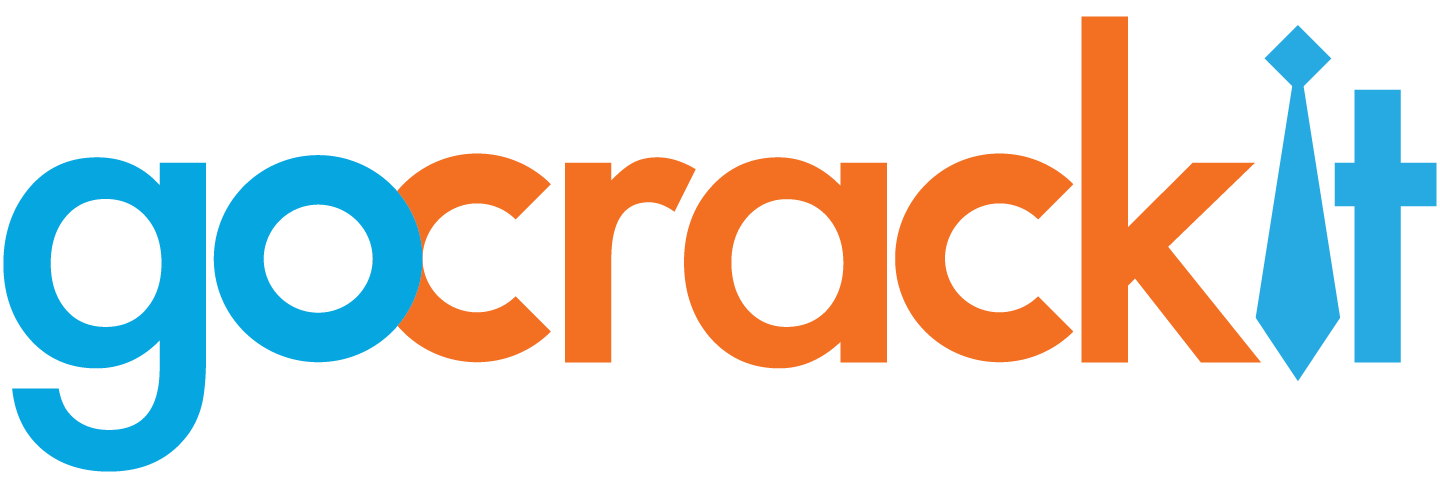Suhruta and Sujoy discussed various aspects of pursuing a career in data science and machine learning. Here are some key takeaways from their conversation.Overall, Sujoy highlighted the importance of practical experience, a strong understanding of the field, and effective communication during the hiring process for data science and AI/ML positions.He also suggested regarding, Online courses and certifications: What’s effiective and what’s not?
Suhruta: Sujoy, I have seen your profile and I could see that inspite of having relevant experience, you have taken several online courses for data science and AI/ML. Earlier you had also mentioned that even now you spend 10-15 hours per week updating yourself on new techniques and technologies. Can you tell us more about the effectiveness of these courses, both from a learning perspective and for professionals who want to get into these careers; for them usability from the perspective of getting a job?
Sujoy: I have done a large number of Coursera and edX courses. Plus, I keep watching YouTube classes. If you want to learn, I don’t think there has been a better time in the history of civilization; you can sit in a room and watch a Stanford and MIT class. That is something I always spend time on. Plus reading research articles, academic papers, etc. are things which we need to do. Online courses are very powerful and critical for me; whatever little I know is due to these online courses.
Suhurta: From a learning perspective these courses are there but for a job seeker, or somebody who wants to break into this career, there are so many courses; how does one pick and choose on what to learn and how does one spend time effectively doing these courses? Can you shed some light on that?
Sujoy: So, this is my personal opinion and not necessarily everybody would agree to this. But just doing an online course and getting a certificate does nothing to your career process, not even an offline course. First of all, you should have a solid understanding of what you’ve learned and secondly, you should also have some experience. This experience should ideally be in a live project because that is the best thing to have. Now, you may or may not get that opportunity in your job. While the project is always the best option, if you do not get that opportunity to get a project, then you can engage in competitions such as Kaggle, hackathons, etc. by which you would be able to prove that you have actually done something. There are so many courses, so many people signed up for these courses, but how would you distinguish between X and Y who have done the same course. Online courses are not very reliable even though these have marking schemes. We will not know the standard of questioning, since as an interviewer I have very little knowledge about all the courses. Of course, if it’s a course from IIM or ISB, etc. there the credibility comes with the institution, but when we look at the number of online courses that are now, it becomes very worrying what those marks mean even if there is a marking system. Therefore you need to combine it with something which is demonstrable which says look I have done this. It need not be a leaderboard but at least if you have a GitHub code and your ability to explain that piece of code or how you think about even a simple linear regression problem is important.
Suhurta: Somebody who doesn’t have experience, one that person can do some good courses, and as you said he/she can do some projects or participate in Kaggle competitions or hackathons so that they can prove some of these works. Are there any other skills or any other things that a person can without any experience in this domain need to have apart from what you’ve just mentioned?
Sujoy: I don’t think there is anything specific which is critical. Of course, if you understand a domain well there is an advantage. But then again that is not critical to get into a Data Scientist role. Of course, in Data Science teams there are allied roles, such as Business Development, Business Analyst, etc. You cannot do a Data Science project without a Business Analyst who can sort of spend time in understanding the requirement and explaining the output to the users. If you want to get into these roles, your understanding of models need not be as deep, but, you need to have good communication skills, and understand at least one domain well. These are very important but associated roles with the Data Science project. Data science project is not just about data scientist, that’s a myth. In fact, typically in a large implementation, for example, if we look at Lotte implementation, if we look at 21 people working out of India, about 10 of them were data scientists – thus this project is not just marked only for Data Scientists. For these 11 roles here, other skills are important but not for core Data Science.
Suhruta: One more related question, as we discuss there are so many courses which are available now. What are the parameters that you would suggest in selecting a course? How would I choose a course and what parameter should I use?
Sujoy: It would be difficult for me to tell this, since other than Coursera and edX courses I have not done any of the others. But I would say the credibility of the institution and the faculty is one of the things. Of course, today a number of top businesses like IIM and the Indian School of Business, have analytic courses, in fact, they even have full-time, two-year analytics courses. That is the same problem that I have as a recruiter; when I am interviewing someone, how would I know if someone who has done an XYZ course from an institute, how would I know if it is good or not. That is why you need to augment it with Kaggle projects and hackathons since that is demonstrable outside.
Suhruta: Another question on certifications. Would certification be necessary for getting a job or a shortlist? How are certifications perceived by recruiters? You just mentioned that you might be looking at certifications but you may or may not know how good that holds. But still, how do you look at it? Would it be better to not have a certificate and show more projects? Or would it be better to have both?
Sujoy: Having a certificate is better than not having a certificate. But it is neither necessary nor sufficient. If you can prove that after a 4-year Engineering or say under-grad or post-grad in economics you understand data science concepts well and you have some and tried out, certificates don’t matter. Certificates are neither necessary nor efficient. They are good to have better than not having though but just having a certificate or not having a certificate is not going to change your career prospects.
Suhruta: Any other challenges which the recruiters face in hiring?
Sujoy: Recruiters face a lot of challenges, the huge challenge is this, what is called in economics is bad lemons problems. I do not know who is good and therefore I would consider all of them to be equally bad. It is a huge problem. Honestly, most interviews are frustrating. So, I have taken many interviews with people apparently with a lot of experience in Data Science, who not only do not have a conceptual understanding but they can’t even explain what they did in a project. There is a huge gap. From a recruiter’s perspective, it is extremely painful today to understand who is good and who is bad. And this is even from people from premier institutions, even there we see a lot of people without the background details, there is this an epic problem.
Suhruta: Are there things that professionals should understand from a recruiter’s perspective before even submitting their resume or appearing for an interview?
Sujoy: First of all people should understand that you will be grilled on your CV, so don’t make up stories in your CV. That is the biggest problem. People do make up stories in their CVs. They may have heard of a project, they may have been briefly involved in a project in some additional role, and without even understanding the project they will write it on their CV or they will…. So don’t make up stories in your CV, unless you are prepared to be grilled for it. If you are prepared to be grilled for it then perhaps as long as it is not a lie, it is ok but you will be grilled on your CV. The second is you have to have something which people will notice. It has to come out that you have put in effort, especially for people who have experience. For people with less experience, that is less than 3-4 years of experience, it does not matter. Especially people with 4-5 years of experience once you say I am interested in data science, alarm bells start ringing. Really, or you just want to get into it because it is a cool professional with a slightly higher average salary. For senior people, if you want to change, you will have to have something very credible to prove that you have put in that hard work to demand that change.
Roles & Transitions
Suhruta: Can you explain the entire role landscape in the domain?
Sujoy: As I said there are business development and project managers which I think is typical, in any other IT firm, I don’t see any difference. Then there is a Data Science consultant, a person who goes in and speaks with the business clients early on in the project and gets a good understanding of it. Maybe does some short POC and a quick-and-dirty POC. Then there is a business analyst, from a more domain-understanding perspective. The data engineer who does all the pipeline and implementation of it and then there is a core data scientist who does the core modeling. The Data Engineer sometimes doubles up as a DevOps person. There is some overlap, though not complete overlap with the DevOps skills. These are the major players. You have the Business development manager, the project manager, then you have the consultant, the business analyst, the data engineer, and the data scientist.
Suhruta: Are there any specific roles which are in demand, let us say I am starting off now in this career shall I focus on a sheer data engineer role or a development role. What should I focus on?
Sujoy: I think there is demand for all the roles. It is more about your aptitude, interest, and the amount of effort you are willing to put in. I don’t think there is one role which is suddenly going to be in huge demand. All of these roles have enough demand-supply gaps to fill into. At least for the next 5-10 years.
Suhruta: One last question, what do you see as exit options from this career or how do you see the growth in your career?
Sujoy: One is business development roles or program management roles. Second, you can get into IT, not just IT but the traditional software development roles. I haven’t thought of this but people go into more managerial roles you become less of a hands-on person. That’s a fact. Whether you like it or not. But it’s an interesting space to be in.
Suhruta: Thanks Sujoy for your great insights. I am sure this will definitely help a lot of professionals.




Leave a Reply